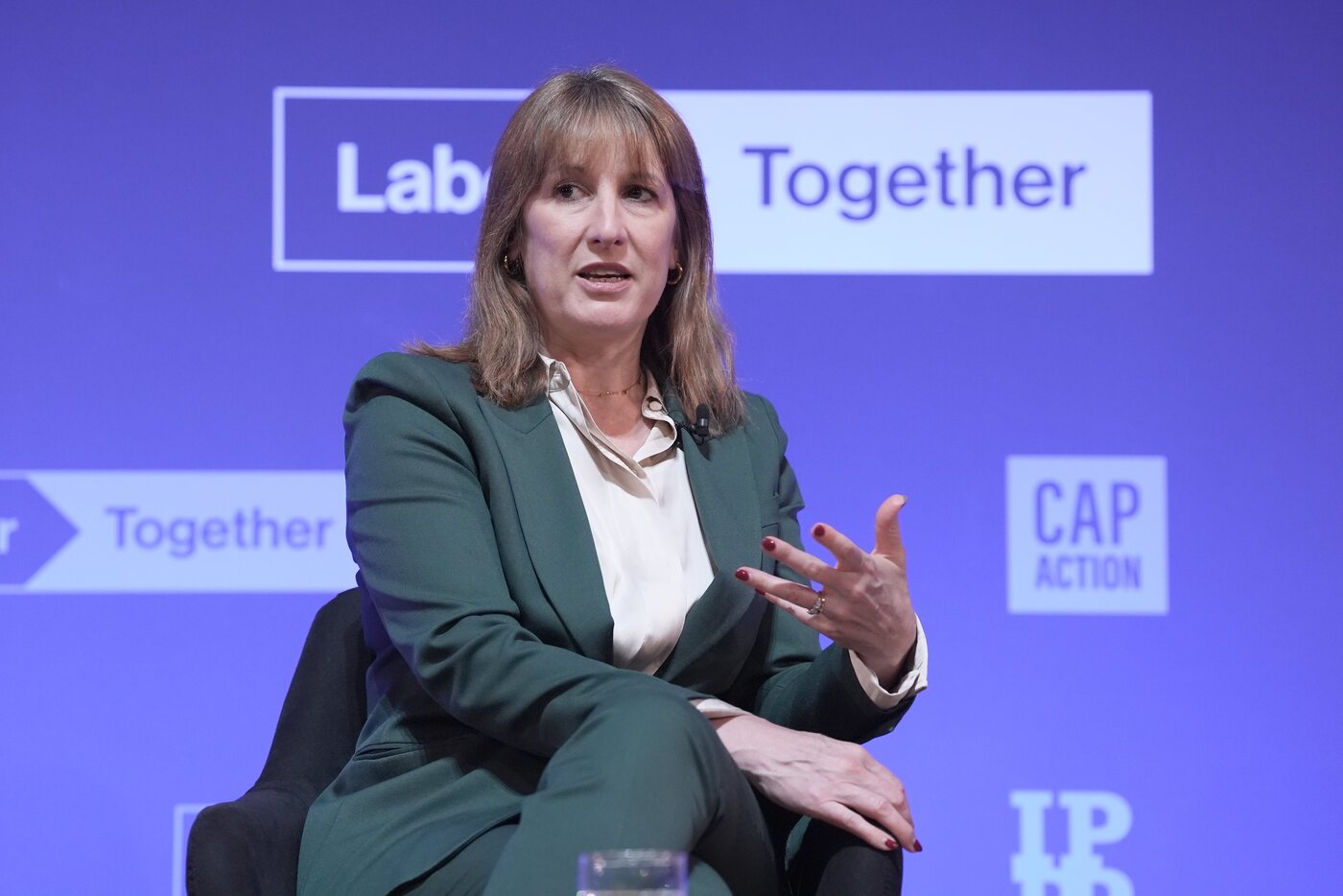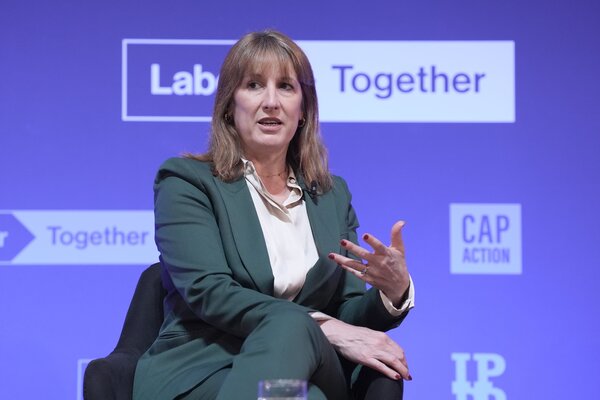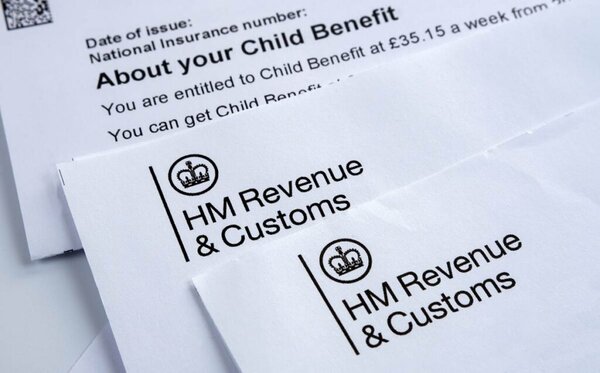Introduction
The government is expected to announce a further two-year freeze on income tax thresholds in the upcoming Budget, a move that is set to bring nearly 500,000 additional individuals in London and the South East into the higher-rate income tax band by 2029.
Chancellor Rachel Reeves is seeking to address an estimated £20 billion shortfall in public finances. While the measure is not a direct increase in income tax rates, the continued freeze initially implemented in 2022/23 will result in greater numbers of taxpayers moving into the higher bracket as their earnings rise with inflation.
The prospect has sparked significant political debate regarding its fairness and economic impact, particularly for households in regions historically contributing a substantial share of the nation’s tax revenue.
Government’s Approach and Policy Shifts
Chancellor Rachel Reeves is finalising the Budget, scheduled for 26 November, with a clear focus on fiscal stability. Although she previously indicated the possibility of raising income tax rates, opposition from Cabinet ministers and favourable wage and tax revenue forecasts led to a reversal of that plan.
Instead, the government now intends to maintain the current threshold freeze, extending a policy first introduced by then Chancellor Rishi Sunak in 2022/23. According to official projections, the UK’s tax burden in 2027/28 is expected to reach its highest level since records began in 1948.
The Chancellor’s decision comes after political pressure to avoid breaking Labour’s manifesto pledge not to increase the rates of income tax, VAT, or National Insurance for employees. Instead of opting for rate rises, the extension of the threshold freeze is regarded by some as a ‘stealth tax’, gradually increasing effective tax liabilities as more earners surpass frozen thresholds.
Regional Impact of Threshold Freeze
Research from the House of Commons Library, prepared for the Liberal Democrats, indicates that 1.28 million London residents are currently subject to the 40% higher rate of income tax, a figure projected to rise by 260,000 by 2029/30.
In the South East, 1.24 million are presently paying the higher rate, with an additional 220,000 expected to join this group over the next four years. This means approximately 480,000 more individuals in these regions alone will pay the higher rate by the end of the decade due to the policy.
London and the South East are anticipated to be most affected in monetary terms, reflecting the areas’ relatively higher incomes and concentration of higher-rate taxpayers.
Political Responses and Criticism
The extension of the threshold freeze has prompted criticism from opposition parties and regional representatives. Luke Taylor, Liberal Democrat MP for Sutton and Cheam, called the policy “deeply unfair”, emphasising that it continues to affect working people and pensioners, particularly in London, where cost-of-living pressures are acute.
In response to the criticism, a Treasury spokesperson stated, “We will deliver a Budget that boosts growth and cuts the cost of living, having already delivered a record rise to the National Minimum Wage and National Living Wage, extended the £3 bus fare cap, and expanded free school meals, breakfast clubs, and free childcare.”
Additional Fiscal Measures Under Consideration
Beyond the income tax threshold freeze, the government is reportedly examining other measures to increase revenue. Proposals under discussion include changes to council tax, potentially through adjustments to higher bands or the introduction of a so-called ‘mansion tax’ targeting more valuable residential properties.
Further measures that may be in the Budget include limits to pension salary sacrifice schemes, new proposals to tax electric vehicles, and restrictions on existing salary sacrifice arrangements for cycling equipment.
According to government sources, the current approach favours a combination of smaller targeted tax changes rather than a major rate increase in any one area.
Broader Economic and Political Context
The Budget preparations come at a time of political turbulence in Westminster, with renewed attention on Labour’s economic policies and party unity. Chancellor Reeves’ decisions are viewed as balancing fiscal responsibility against electoral commitments made in the last general election, particularly amidst internal pressures and debate over the handling of public spending and tax fairness.
Recent improvements in wage growth and tax forecasts have somewhat mitigated pressure for more immediate or drastic tax increases. Nevertheless, the expectation that the overall tax burden will continue to rise has kept the discussion about effective taxation and cost-of-living concerns at the forefront of public debate.
Final Summary
The government’s anticipated extension of the income tax threshold freeze will affect hundreds of thousands of earners in London and the South East, substantially increasing the number of higher-rate taxpayers over the coming years.
While presented as a measure to maintain fiscal discipline and avoid direct tax rate hikes, the policy’s regional impact and perception as a ‘stealth tax’ have drawn sharp criticism from political opponents and local representatives.
The outcome of the forthcoming Budget is likely to shape the landscape for working households, particularly in high-income regions, as additional measures from property taxation to salary sacrifice scheme restrictions are also considered to address the fiscal deficit.
As these policies develop, those interested in monitoring personal tax liabilities can access comprehensive tools through the Pie app.











